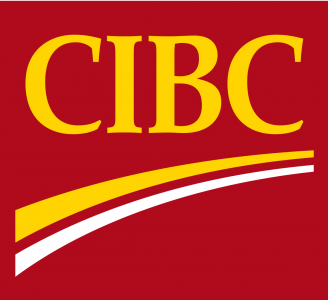CIBC: How to Tame Leftover Holiday Credit Card Bills
TORONTO, April 13, 2021 (Newswire.com) - It's easy to go a little spend-crazy during the holidays, as potential travel, presents and the spirit of giving can all lead to a credit card swipe. But for people still chipping away at those bills, it may be time to sit down and come up with a plan to help resolve leftover holiday debt and get back to a clean slate.
Set a budget and maximize payments
Setting a budget is the most important part of any serious attempt at debt reduction.
For those who have never set a budget, take a close look at a previous month or two of spending. Carve that spending into categories, and compare it to income.
The next step in creating a budget is to figure out what amount is left over and how much of that can comfortably be put towards bills every month. How aggressive each individual is with saving is a personal choice, but the more people can move from spending to paying down debt, the faster they'll be debt-free.
Consolidate debt if possible
Debt consolidation is a process that helps people manage debt by restructuring it with a lower interest rate. This is a particularly good choice for borrowers with great credit scores, but it can help anyone save money on interest. The two easiest paths for credit card debt consolidation are with a consolidation personal loan or by finding a balance transfer credit card.
Balance transfer credit cards
Balance transfer cards are cards that allow someone to move debt from an existing card to a new card and then give them an introductory window of low interest. This can be extremely helpful when paying down debt as it gives a window of time to work on debt without it continuing to grow.
When looking for a balance transfer credit card, it's important to keep an eye on balance transfer fees as well — high fees can negate a low interest rate. Additionally, borrowers may want to choose an overall good credit card with additional perks such as credit cards with no foreign transaction fees or cash back on purchases, so that they can keep using it once their debt is paid off.
Consolidation loans
Consolidation loans are personal loans that refinance existing debt. The loan issuer pays off the borrower's credit card bills, either directly or through the cardholder, and then they repay the loan rather than the card.
Personal loans typically have much lower interest rates than credit cards, and they set a repayment plan that can fit into a budget. Shorter loan terms will mean less overall interest paid, although longer loan terms can offer more flexibility on monthly payments.
The downside of debt consolidation is the potential for spending. Both a balance transfer and a consolidation loan will free up original credit cards to accumulate new debt. If it's going to be hard for a cardholder to keep their hands off while they're working on their bills, they may want to either hide or cut up their credit card for the interim.
Source: CIBC
